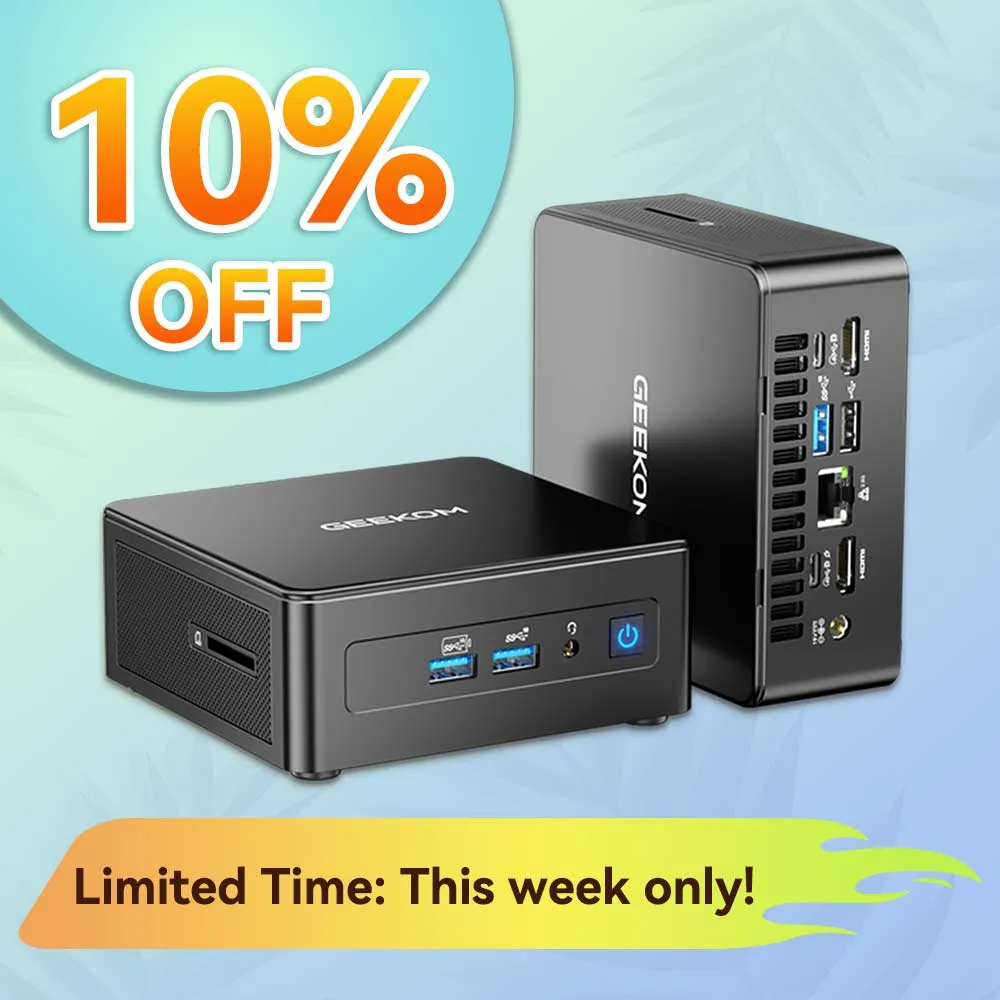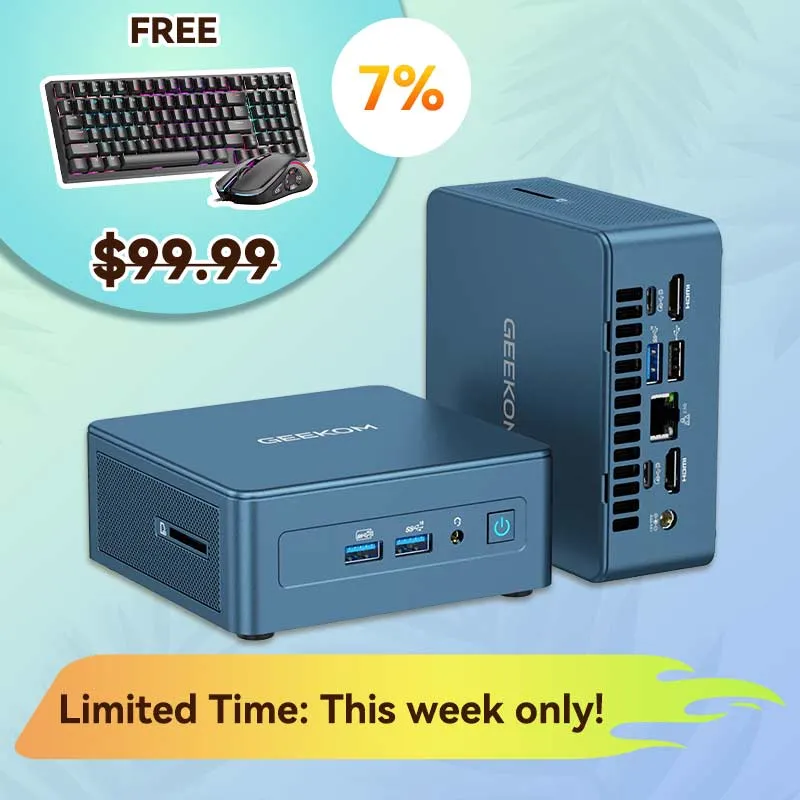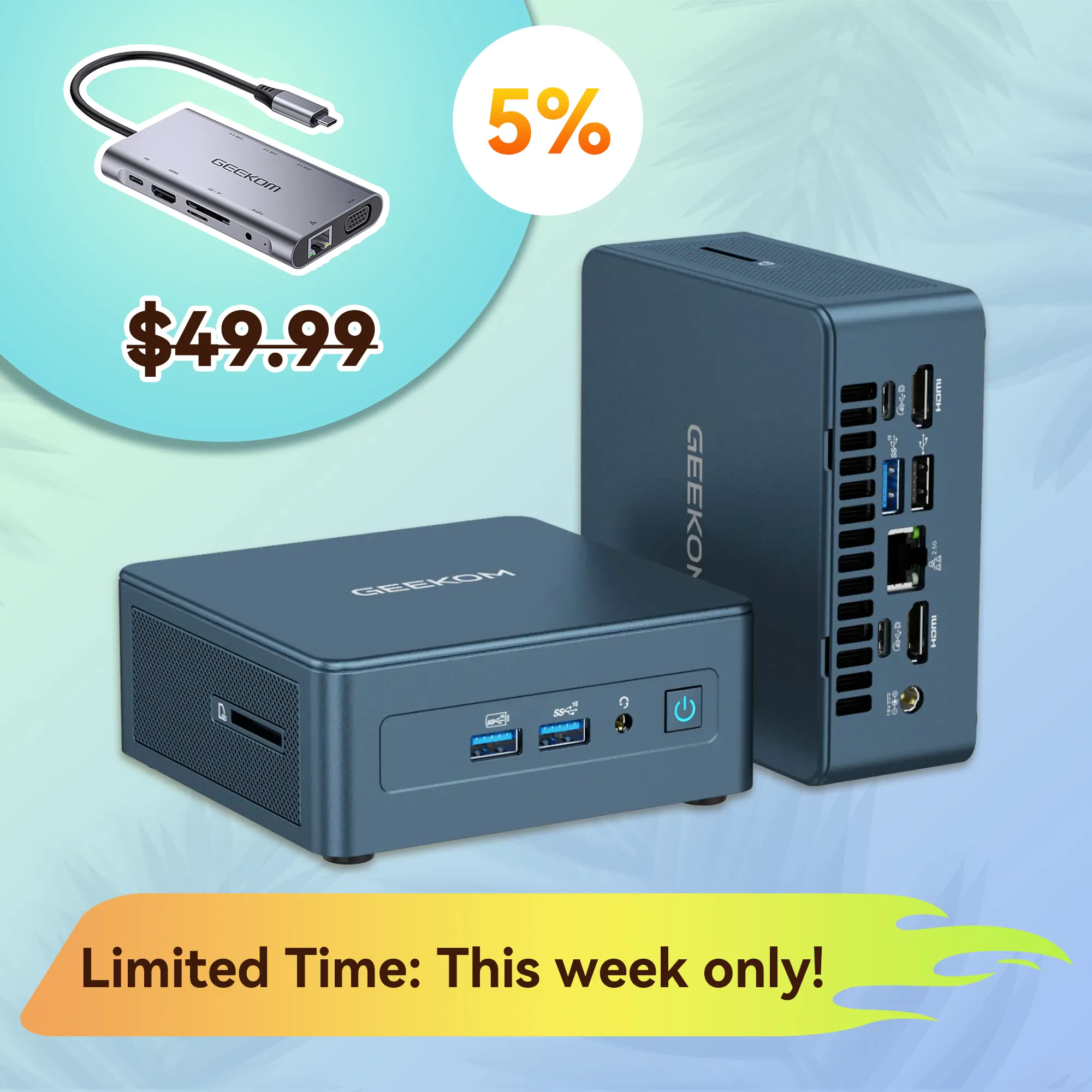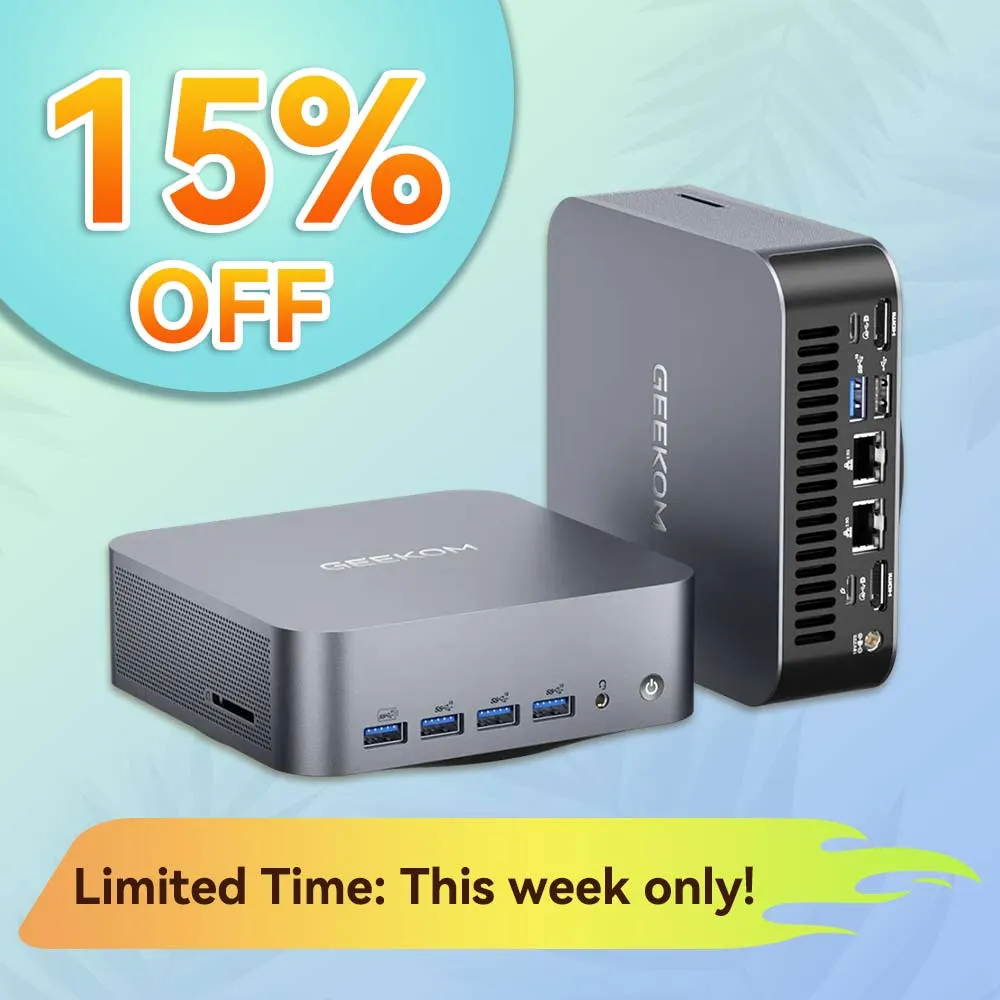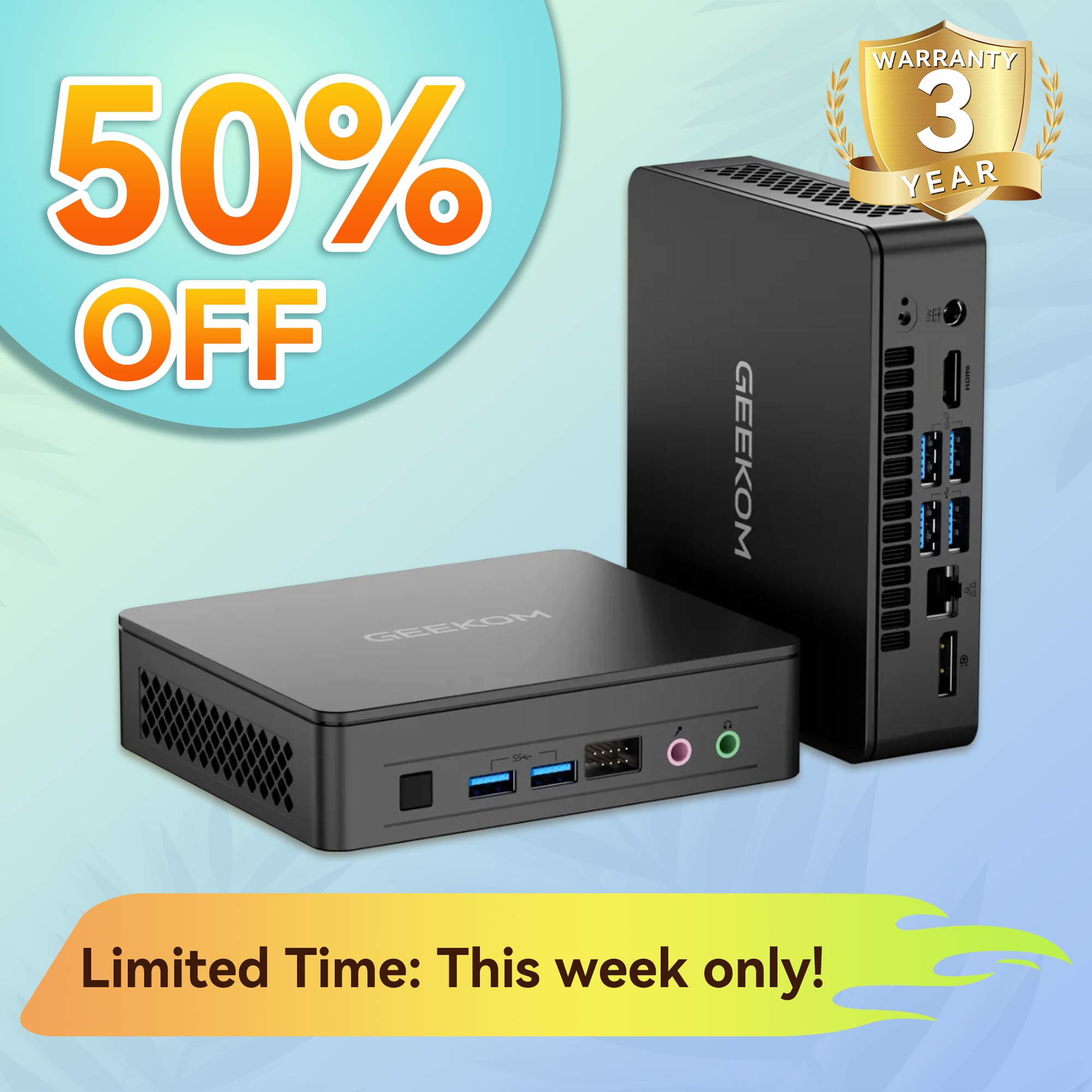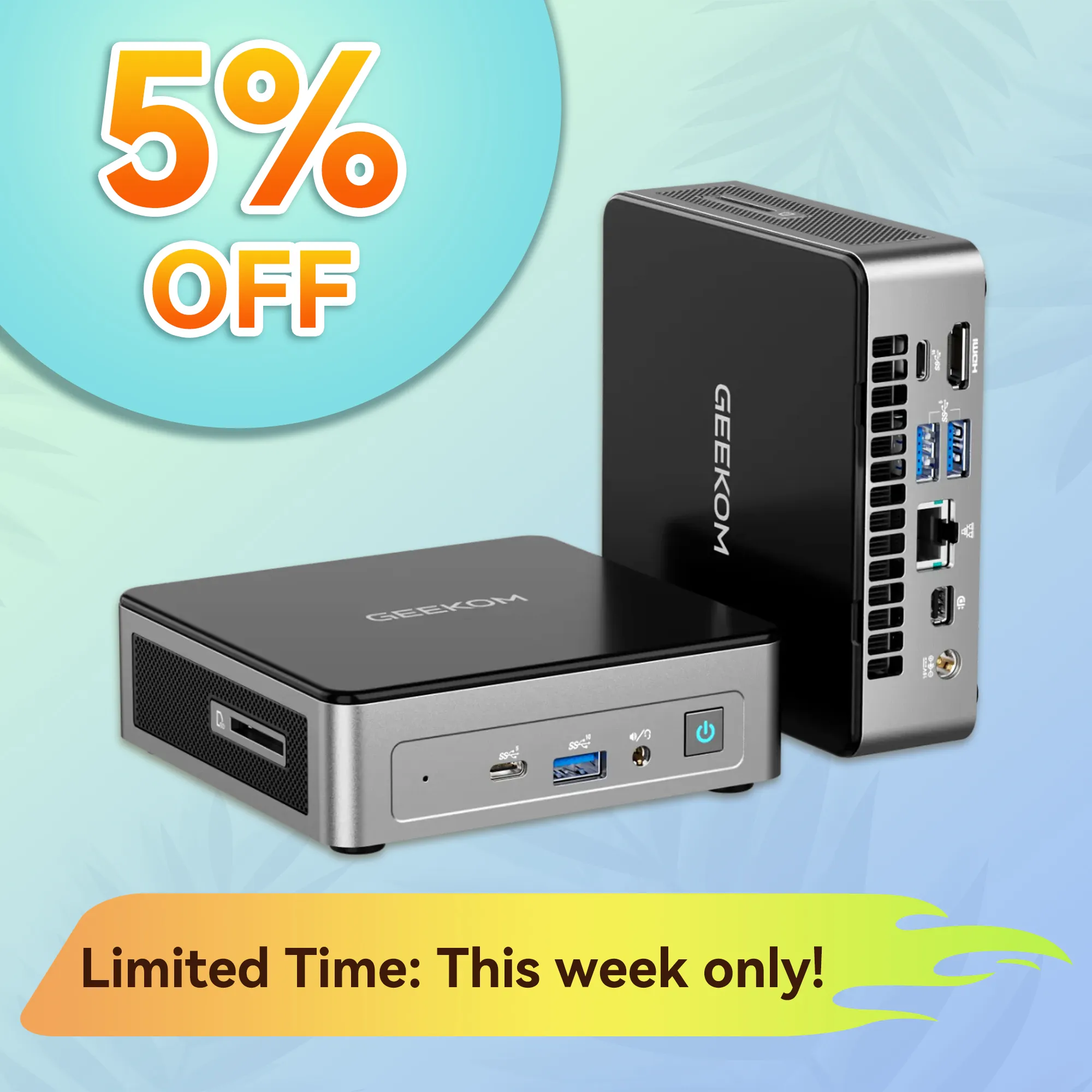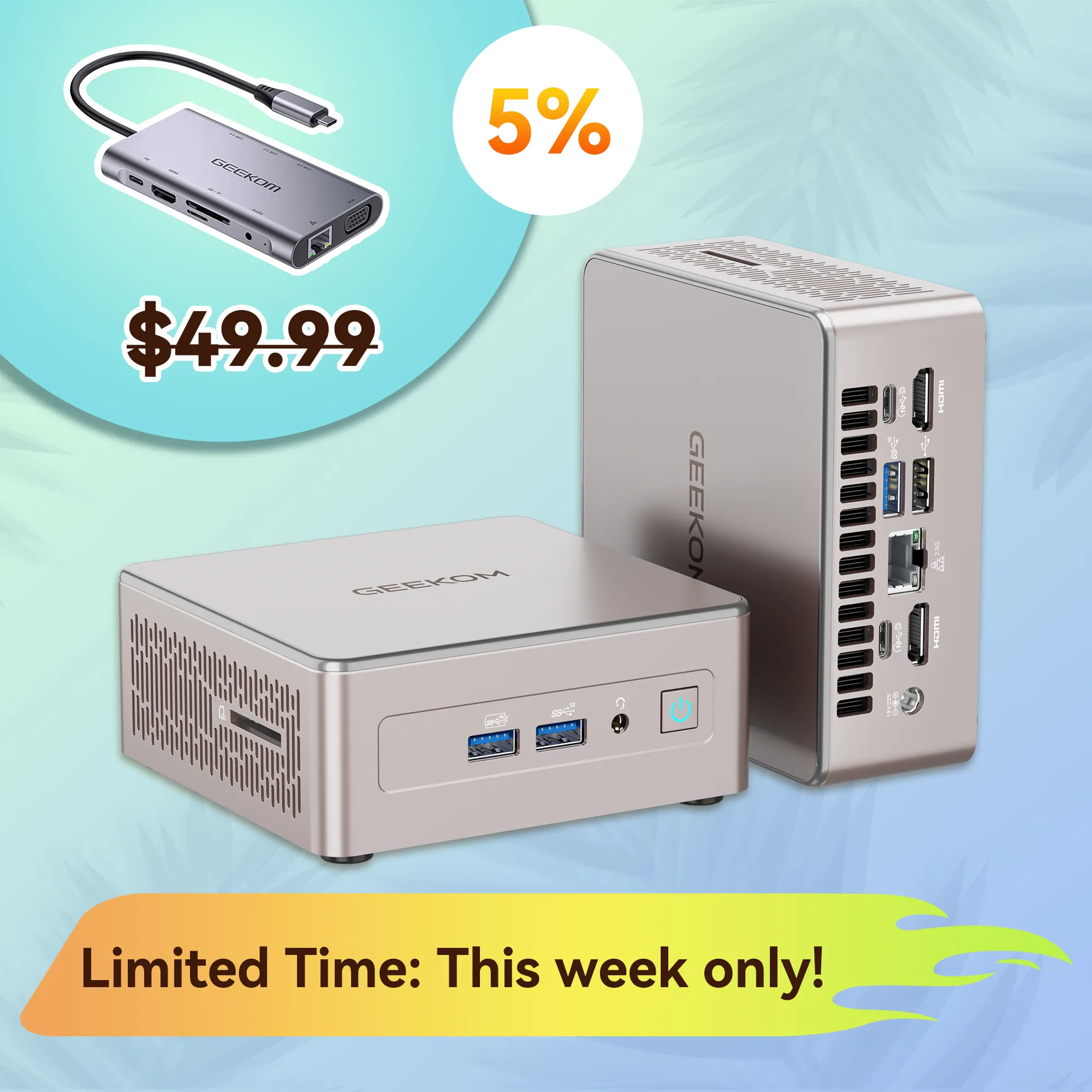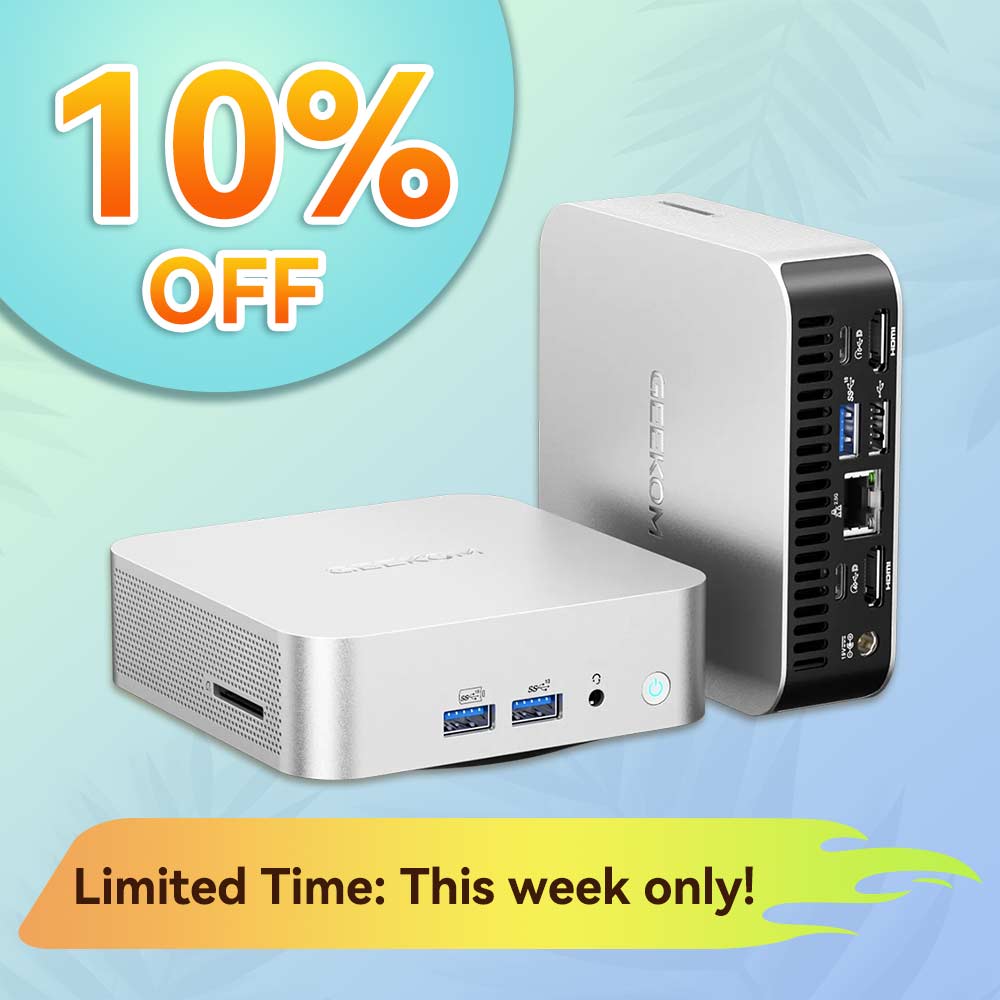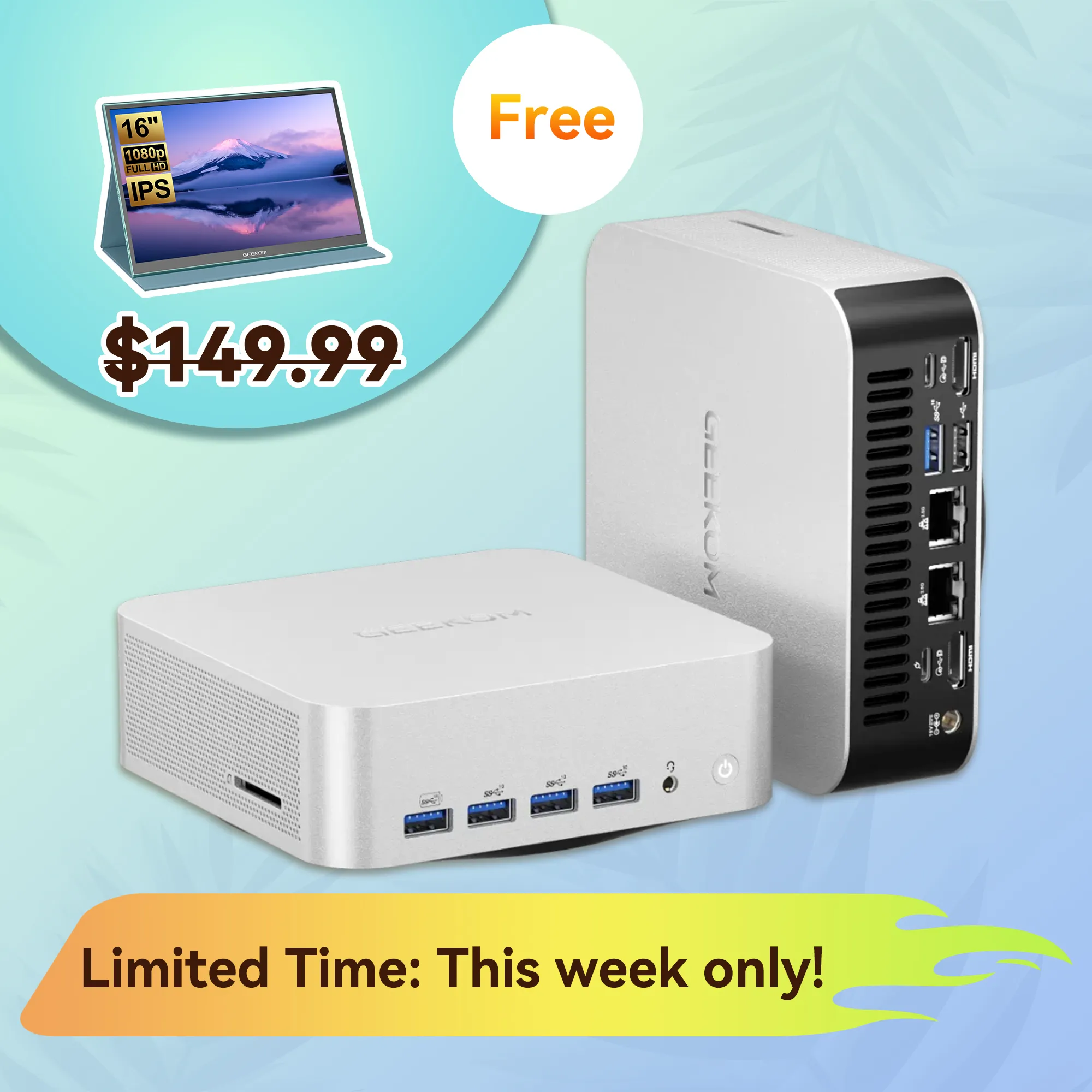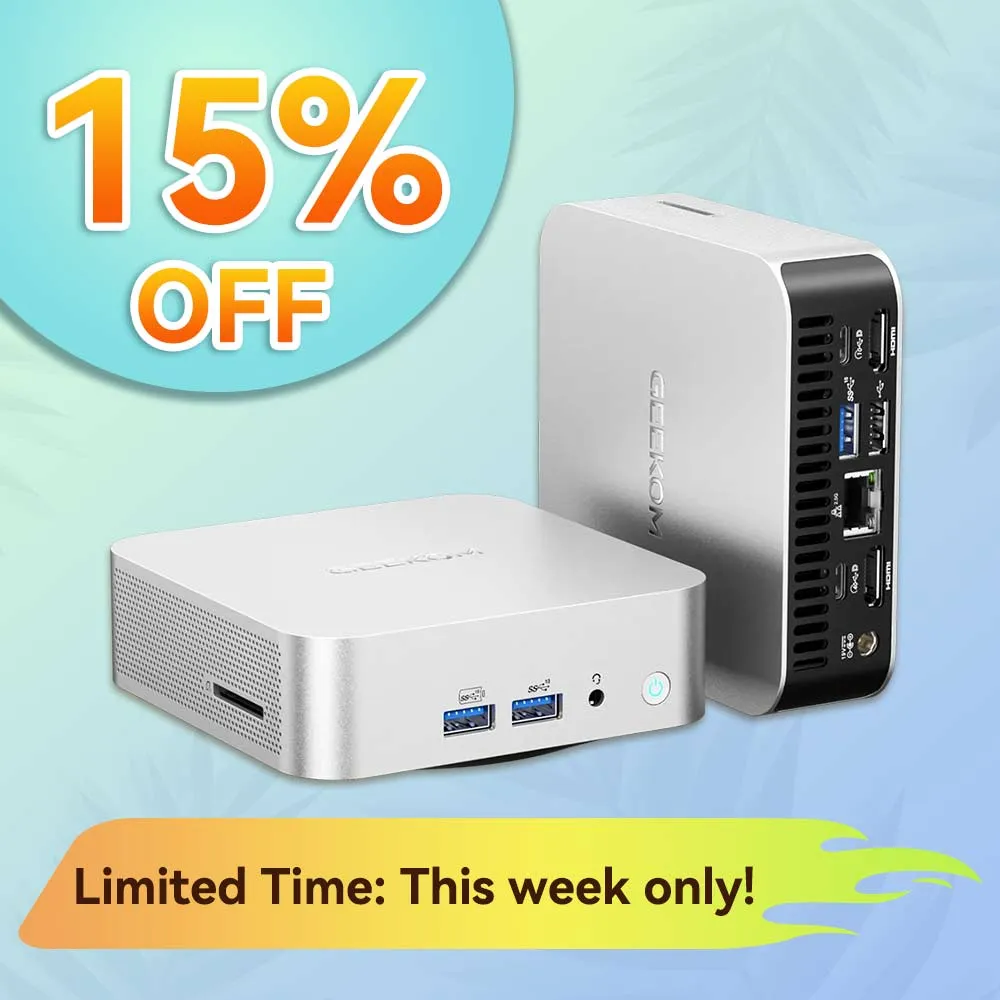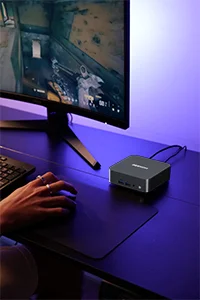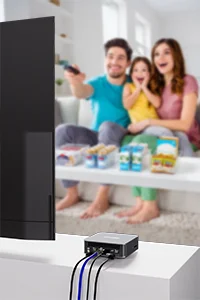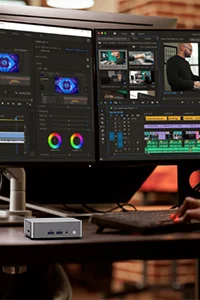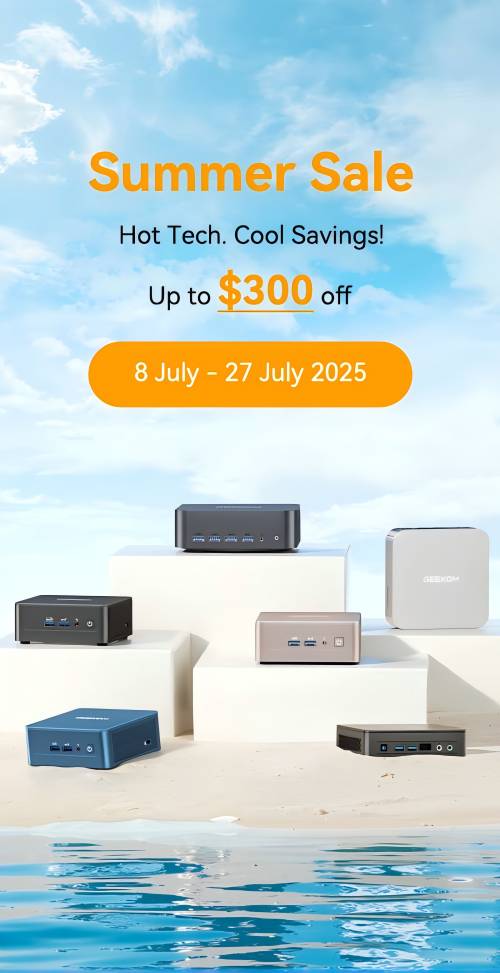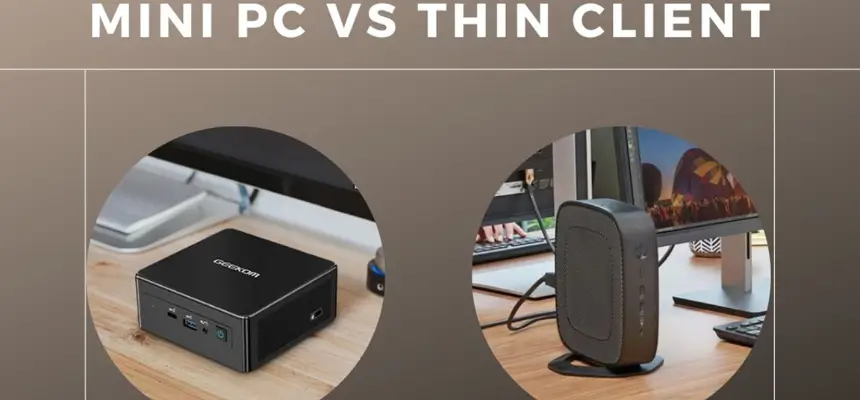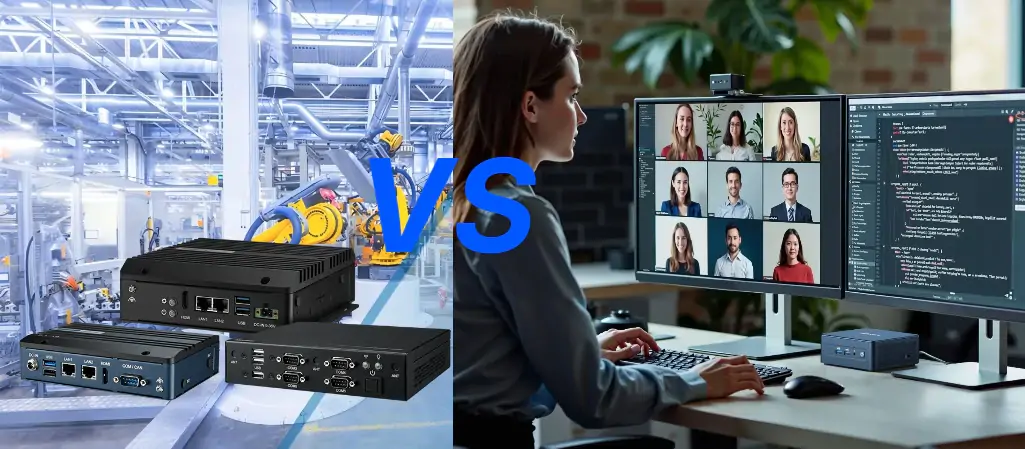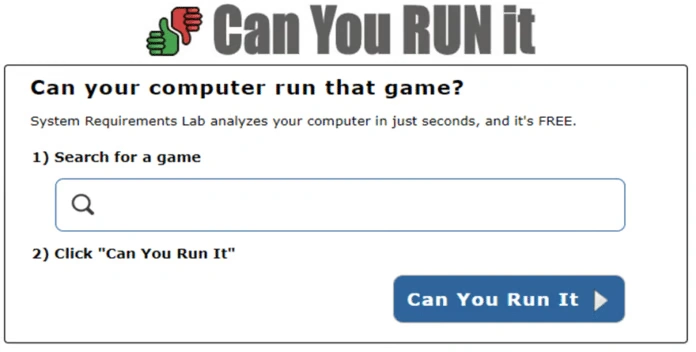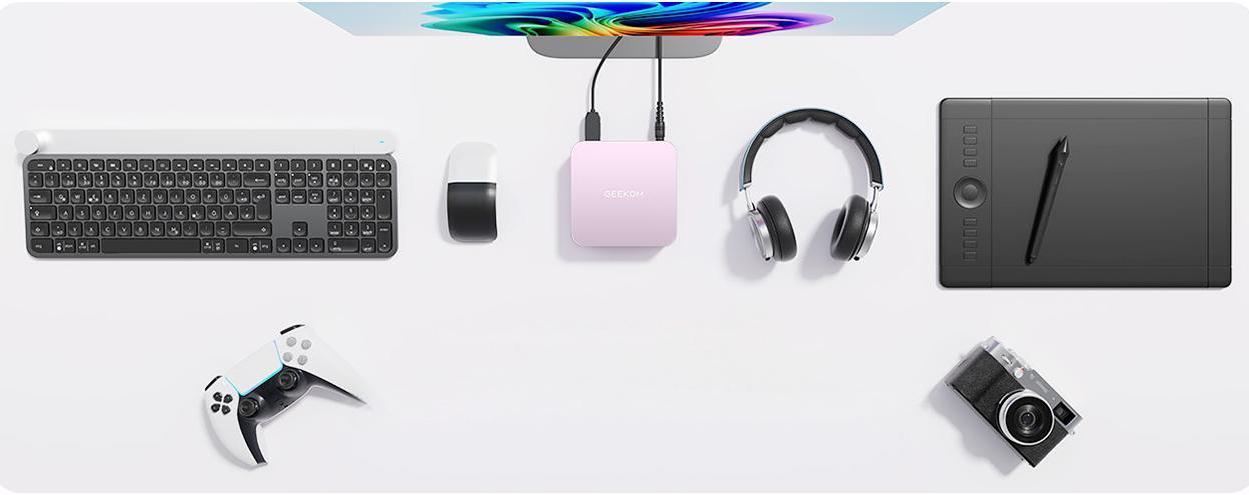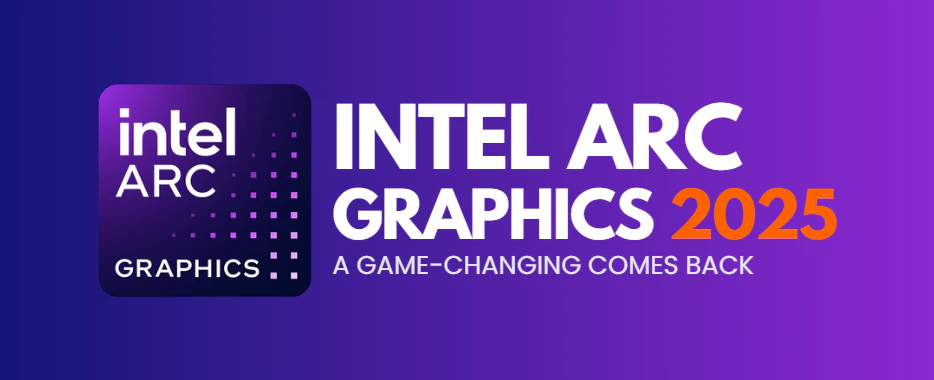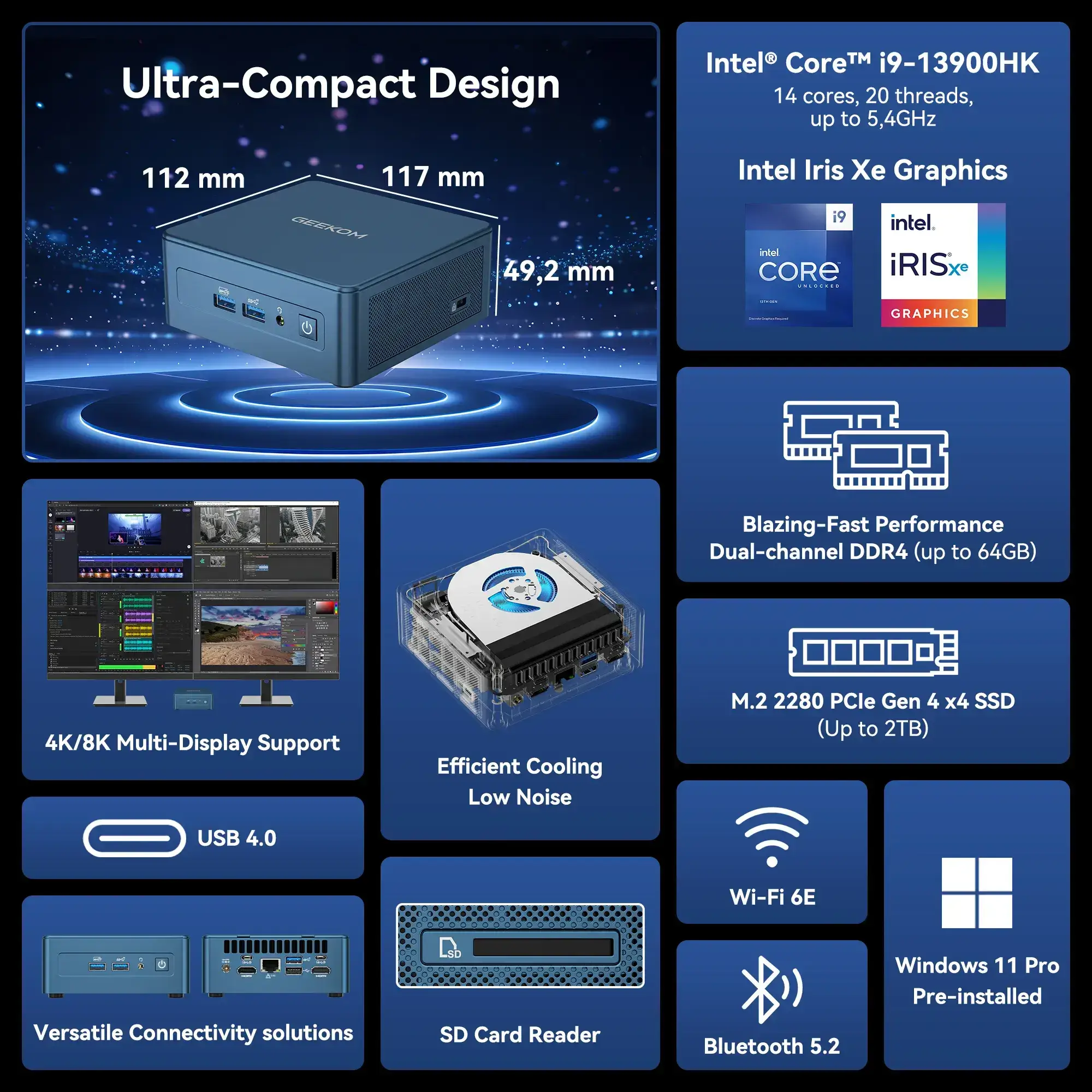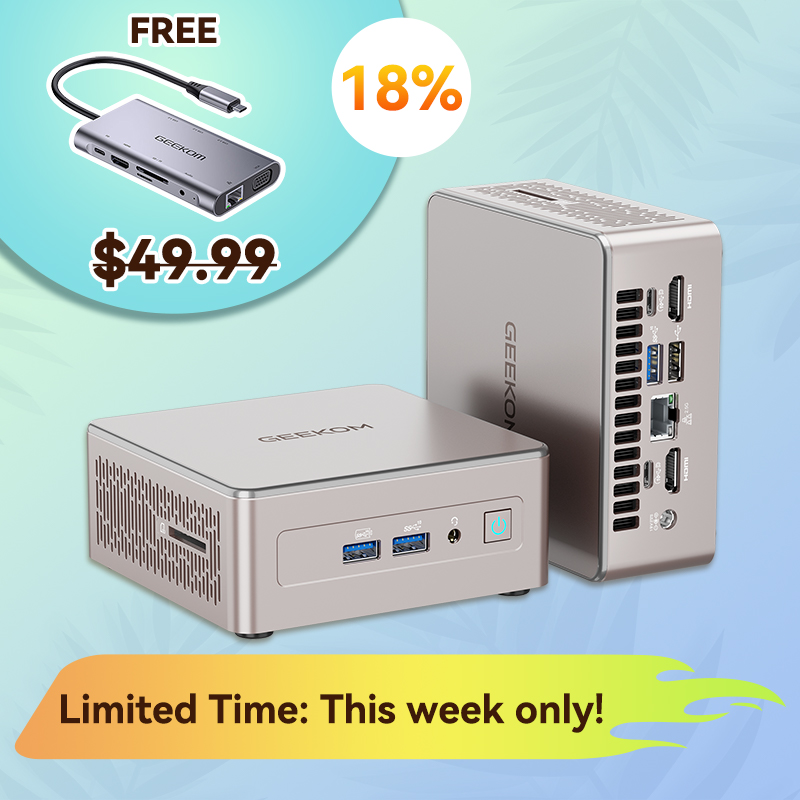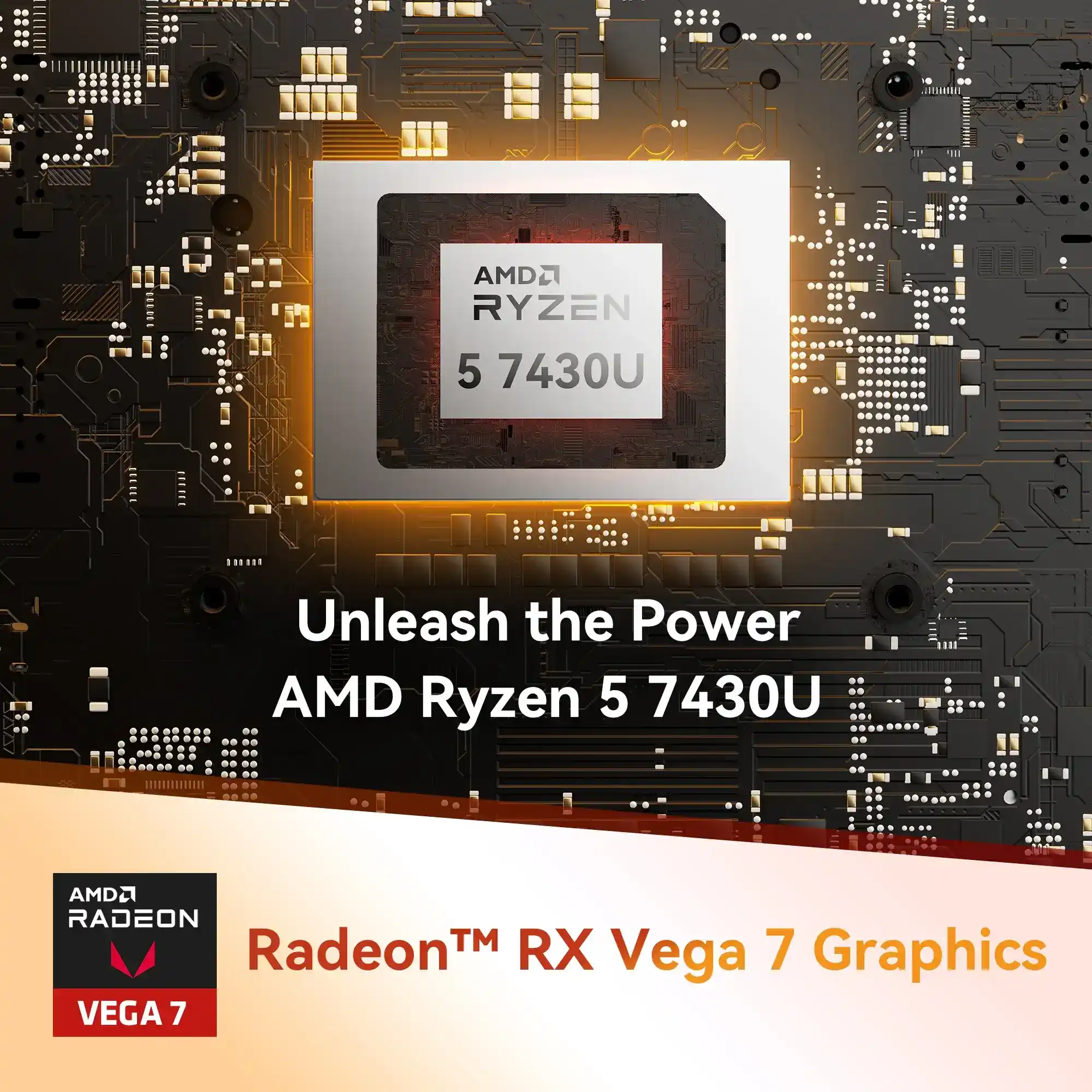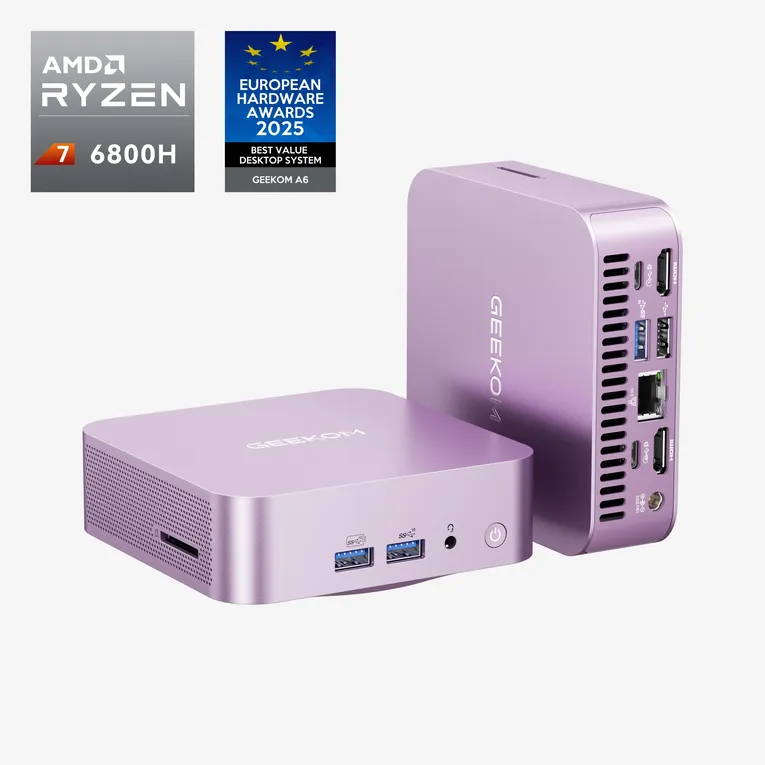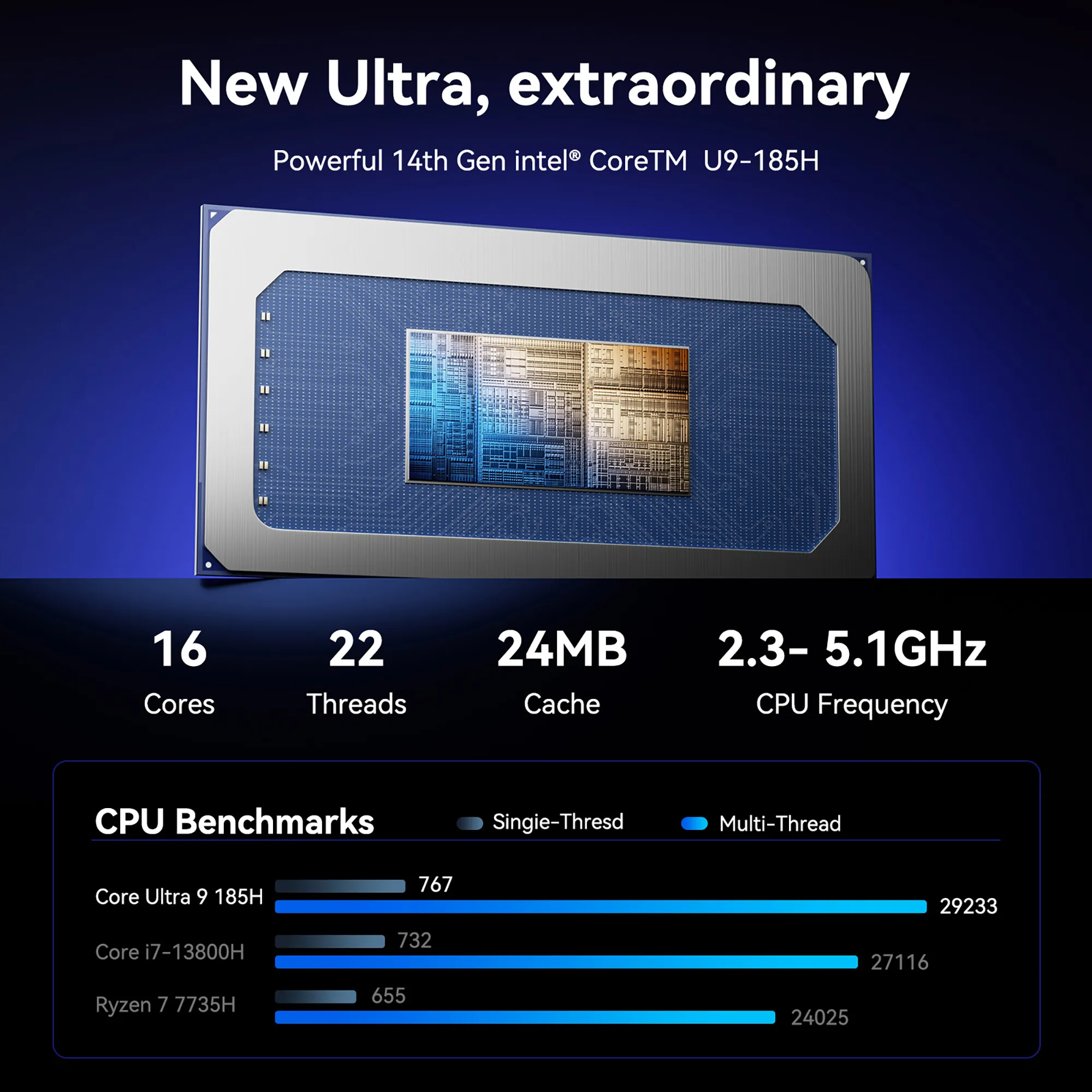In the ever-evolving landscape of computing technology, the need for compact and efficient systems has led to the rise of mini PCs and thin clients.
These two solutions offer unique advantages in various contexts, but understanding their differences is crucial for making informed decisions.
What is a Mini PC?
A mini PC, as the name suggests, is a compact computing device that offers the functionality of a desktop computer in a small form factor.
These devices are typically small enough to fit in the palm of your hand, making them highly portable and space-saving.
Mini PCs often come with a built-in processor, RAM, storage, and ports for connecting peripherals like monitors, keyboards, and mice.
Learn more about mini PC: What is a Mini PC?
What is a Thin Client?
On the other hand, a thin client is a lightweight computer terminal that relies on a central server or cloud infrastructure for processing power and storage.
Thin clients are designed to be simple, low-cost devices that primarily function as a means of accessing applications and data stored on a remote server.
Unlike mini PCs, thin clients don’t have powerful internal components and rely on network connectivity for their operation.
Mini PC vs Thin Client: Features and Performance
Processing Power
Mini PCs are typically equipped with powerful processors that rival those found in full-sized desktop computers. This allows them to handle resource-intensive tasks such as multimedia editing, gaming, and other demanding applications.
Learn more: The difference between mini PCs and full-sized desktop computers.
On the other hand, thin clients have limited processing power as their primary function is to offload the processing tasks to the central server. They are designed for lightweight computing tasks like web browsing, document editing, and accessing cloud-based applications.
Storage Capacity
Mini PCs often offer ample storage options, including solid-state drives (SSDs) and hard disk drives (HDDs), allowing users to store a significant amount of data locally.
Learn More: SSD vs HDD: Which Is the Right Storage for You?
In contrast, thin clients usually have minimal local storage as they rely on the server for data storage. The emphasis is on accessing data from the server rather than storing it locally.
Graphics Performance
Due to their compact size and powerful internal components, mini PCs come with powerful graphics cards, some can even support dedicated graphics cards, providing excellent graphics performance for tasks such as video editing, gaming, and graphics-intensive applications.
Thin clients, on the other hand, rely on the server’s graphics processing capabilities, making them more suitable for tasks that don’t require high-end graphics.
Connectivity Options
Mini PCs come with a range of connectivity options, including USB ports, HDMI, DisplayPort, and Wi-Fi, allowing users to connect various peripherals and accessories.
Thin clients typically have fewer connectivity options since most of the processing and data transfer happens over the network.
Energy Efficiency
Thin clients are known for their energy efficiency as they consume less power compared to mini PCs. This is because the processing tasks are offloaded to the server, which bears the brunt of power consumption.
Mini PCs, while more powerful, consume more energy due to their self-contained processing capabilities.
Mini PC vs Thin Client: Use Cases
Now that we have explored the features and performance aspects, let’s examine the specific use cases and benefits of mini PCs and thin clients.
Use Cases for Mini PCs
- Home Entertainment: Mini PCs can serve as media centres, providing a compact solution for streaming movies, music, and playing games on the big screen.
- Office Productivity: With their powerful processors and storage options, mini PCs are ideal for productivity tasks like word processing, spreadsheet management, and creating presentations.
- Creative Work: The graphics capabilities of mini PCs make them suitable for graphic design, video editing, and other creative applications.
- Gaming: Mini PCs equipped with advanced graphics cards offer a convenient gaming platform for casual and moderate gamers.
Use Cases for Thin Clients
- Business Environments: Thin clients are commonly used in business settings where multiple users require access to centralised applications and data.
- Virtual Desktop Infrastructure (VDI): Thin clients are a crucial component of VDI solutions, enabling organisations to deliver secure and centrally managed desktop environments.
- Remote Work: With the rise of remote work, thin clients offer a secure and efficient way for employees to access company resources from any location.
FAQs (Frequently Asked Questions)
Q: What is the main difference between a mini PC and a thin client?
A: The main difference lies in their purpose and functionality. Mini PCs are self-contained computing devices with powerful processors and storage options, while thin clients rely on a central server for processing power and storage.
Q: Can I use a mini PC as a gaming machine?
A: Yes, some mini PCs can provide a satisfactory gaming experience for casual and moderate gamers.
Q: Are thin clients suitable for resource-intensive tasks like video editing?
A: Thin clients are not designed for resource-intensive tasks. They are better suited for lightweight computing tasks like web browsing, document editing, and accessing cloud-based applications.
Q: Which one is more energy-efficient, a mini PC or a thin client?
A: Thin clients are more energy-efficient as they offload the processing tasks to the server, reducing their power consumption.
Q: Can I upgrade the components of a mini PC?
A: Yes, many mini PCs offer options for expanding storage and memory, allowing users to upgrade and customise their systems according to their needs.
Q: How do thin clients enhance security?
A: Thin clients enhance security by storing and processing data on a central server, reducing the risk of data breaches and unauthorised access to sensitive information.
Conclusion
In conclusion, mini PCs and thin clients serve different purposes in the computing world, catering to various user requirements.
The choice between mini PCs and thin clients ultimately depends on the specific needs and use cases of individuals or organisations.
If you are considering investing in a mini PC, I recommend checking out GEEKOM‘s collection. We offer a wide selection of mini PCs with various specifications and features to suit different needs.


